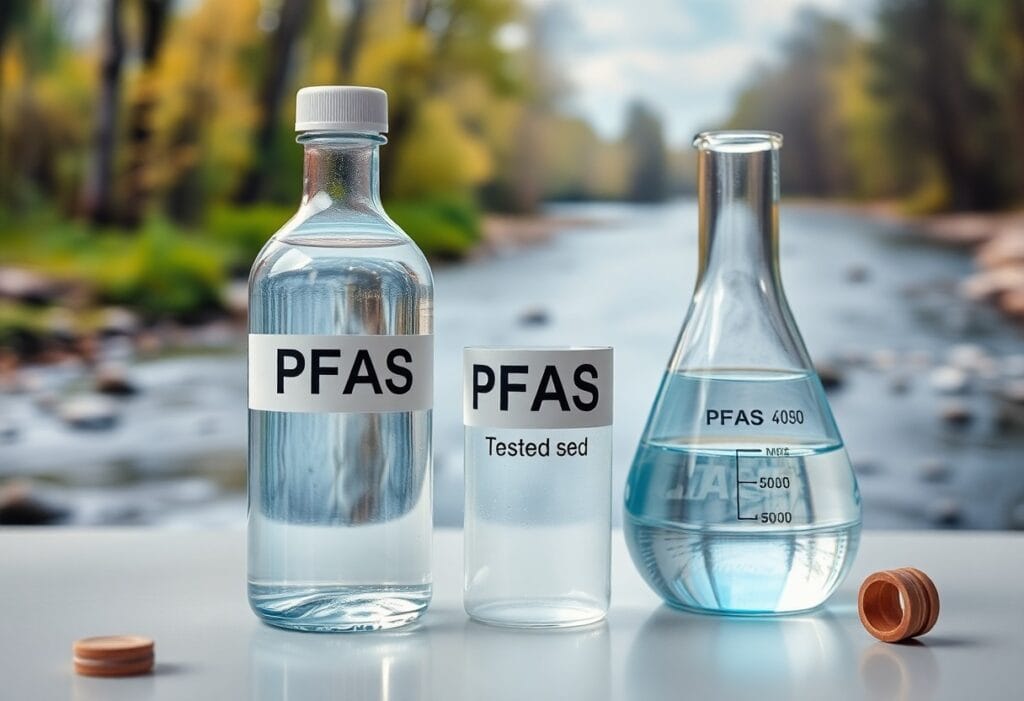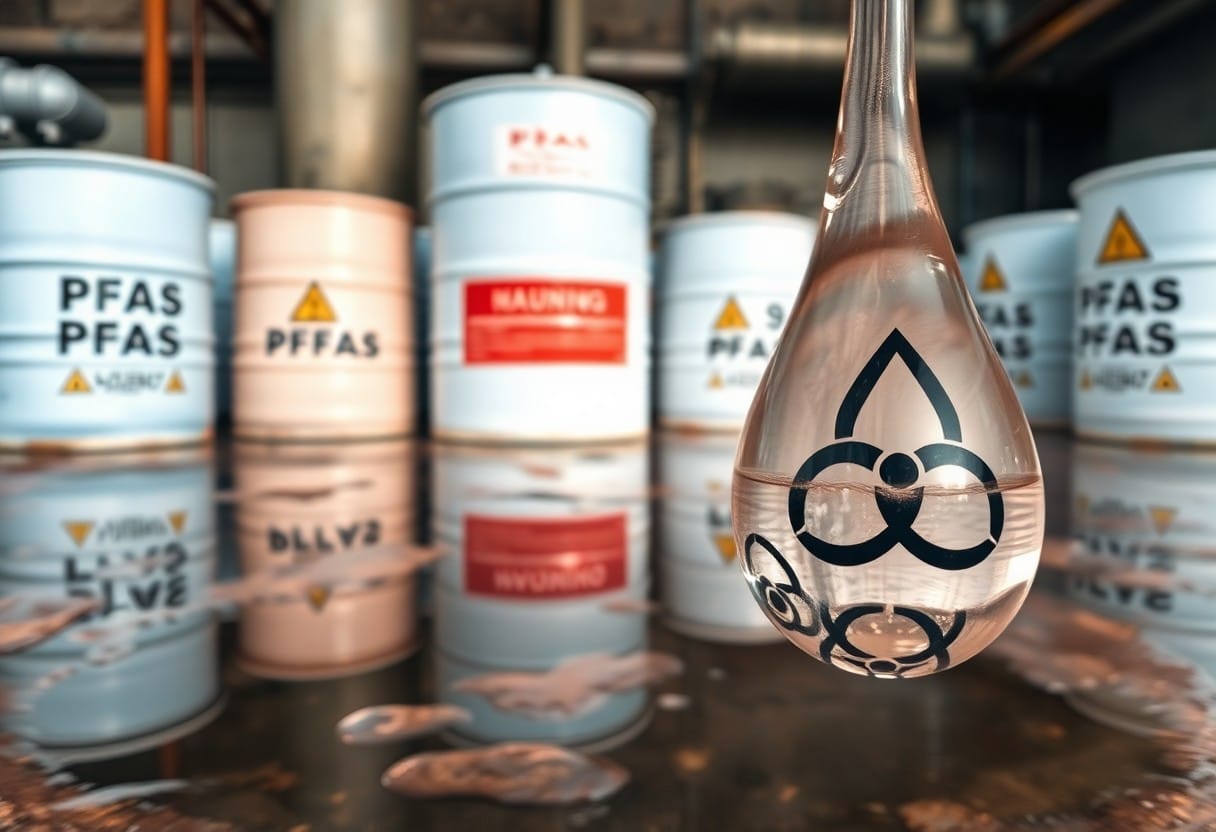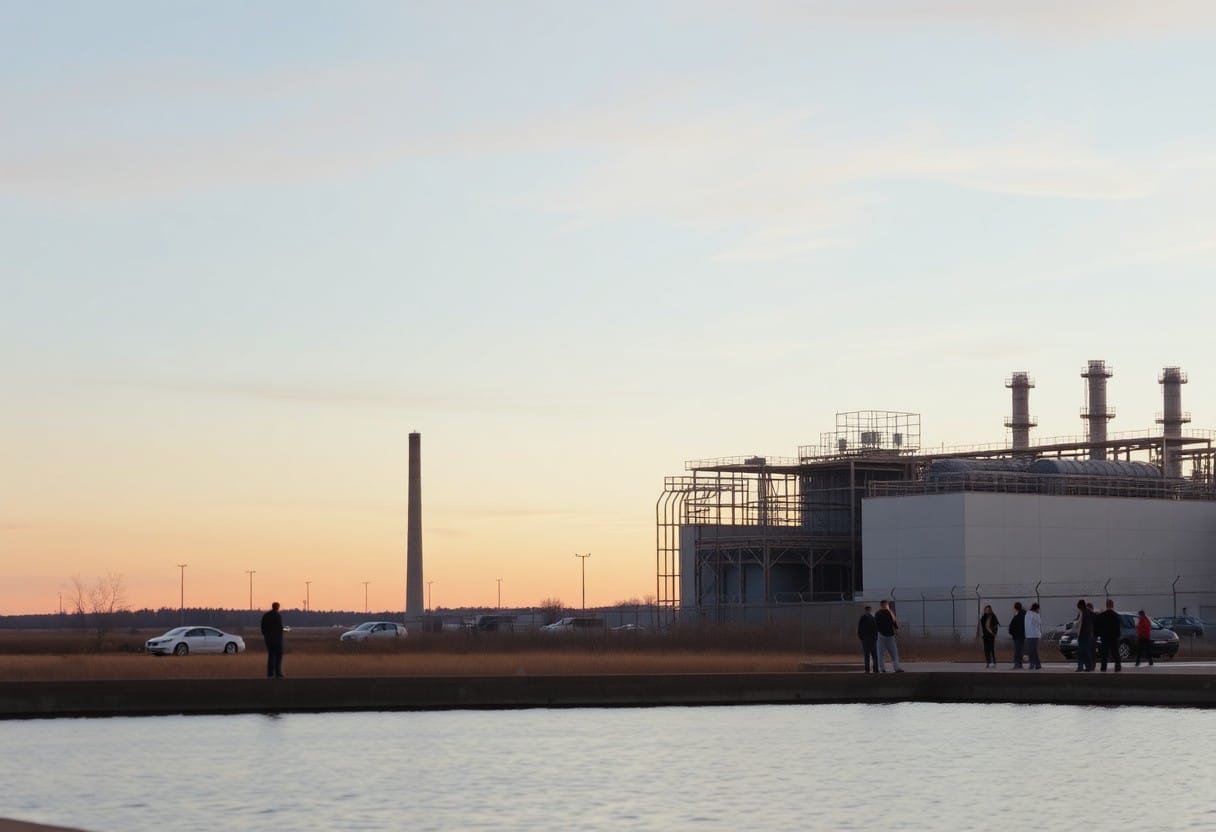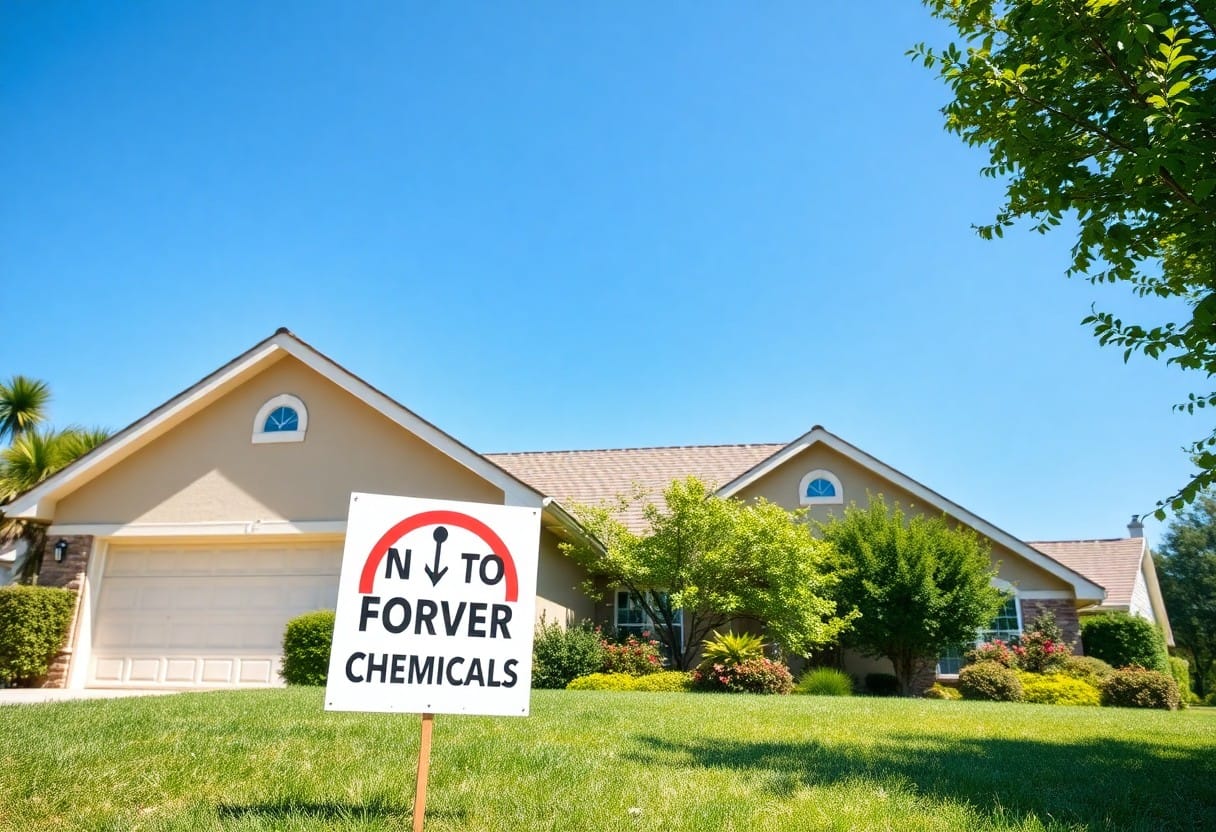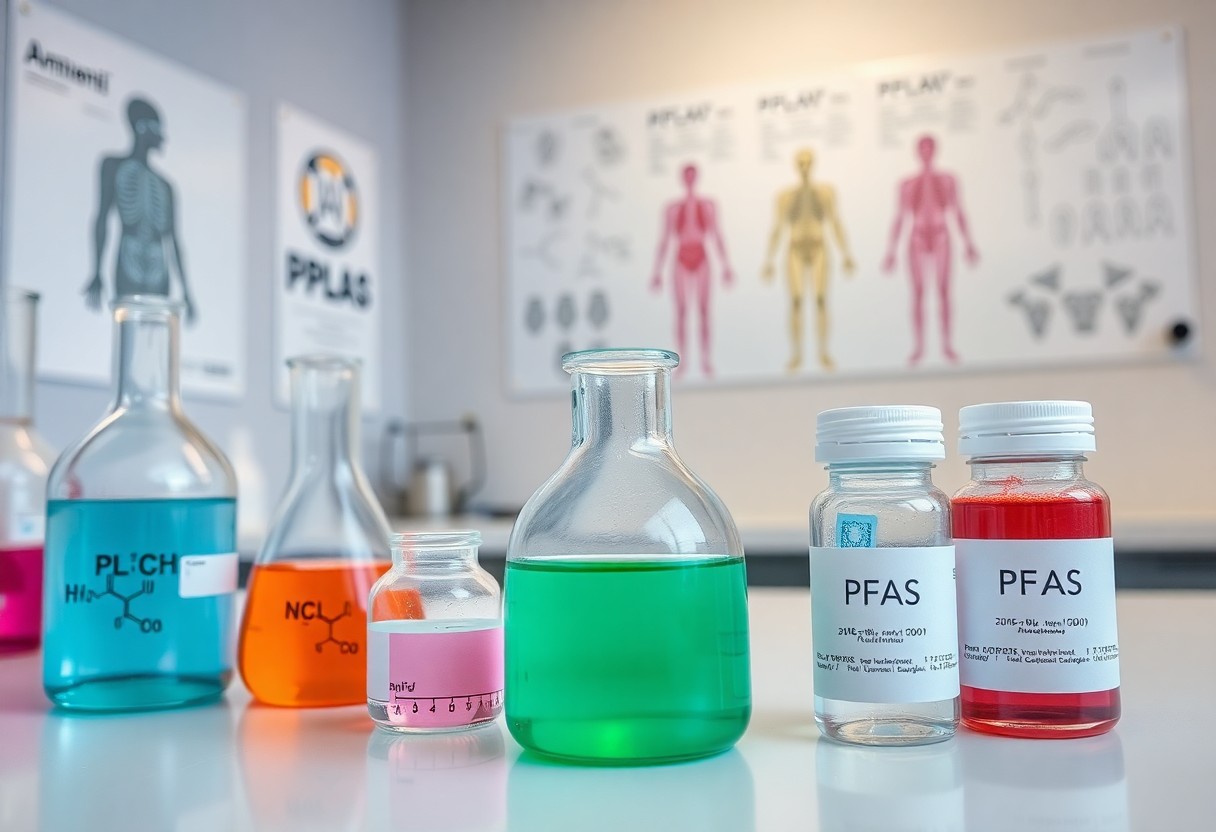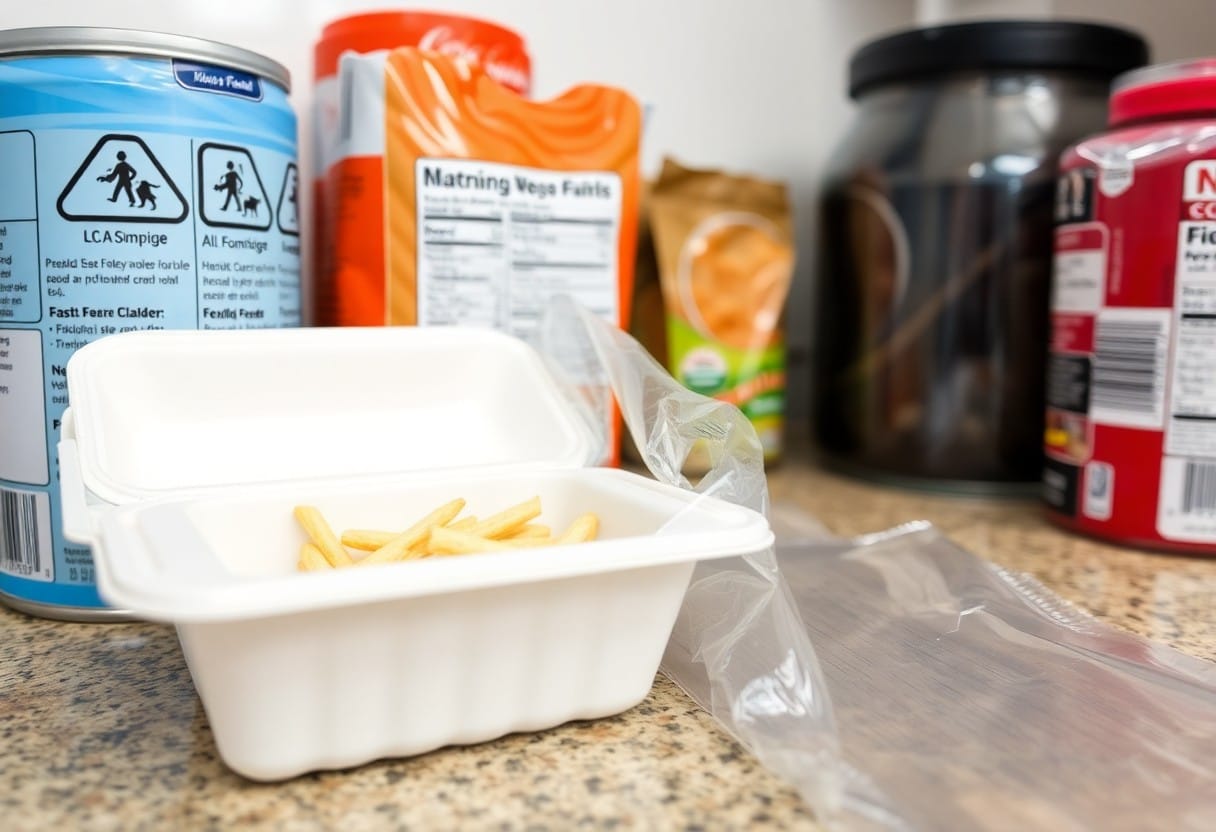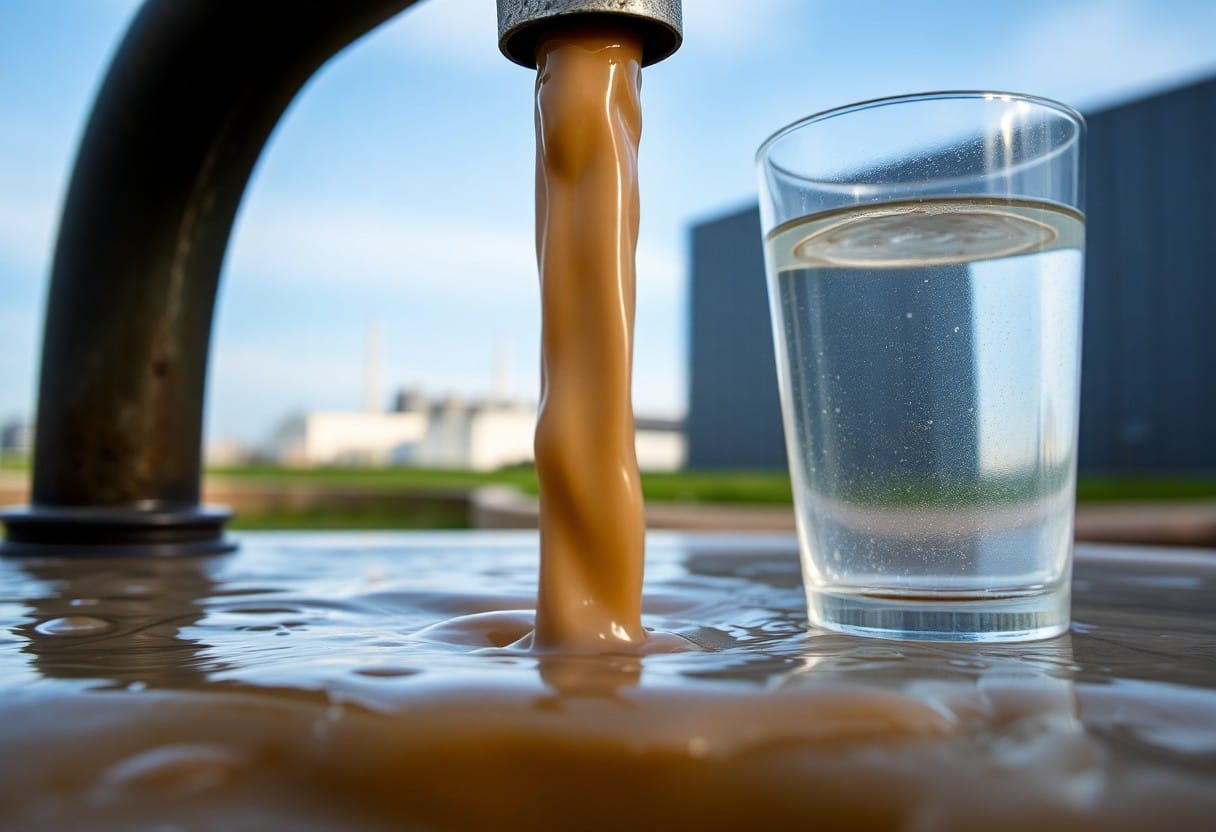Over recent years, PFAS chemicals, widely known as “forever chemicals,” have raised serious concerns regarding your health and the safety of bottled water. These synthetic compounds do not break down in the environment and can accumulate in the human body, leading to potential health risks. The bottled water industry often downplays the presence of PFAS, but understanding their impact is necessary for making informed choices about what you drink. In this blog post, we will research into the startling facts and help you navigate this pressing issue.

Understanding PFAS Chemicals
The presence of PFAS, or per- and polyfluoroalkyl substances, in various products has become a significant concern due to their persistence in the environment and human body. These man-made chemicals have been widely used since the 1940s in items like non-stick cookware, waterproof clothing, and now, increasingly in bottled water. Understanding PFAS is imperative for you to make informed choices about your health and the products you consume.
What Are PFAS?
For many, PFAS refers to a group of over 4,700 synthetic chemicals that are effective in resisting heat, oil, and water. These characteristics have made them popular in industrial applications and consumer products. Unfortunately, their widespread use has led to environmental contamination, which can ultimately impact your health.
Health Impacts of PFAS
PFAS exposure is linked to various health risks, making it imperative for you to be aware of these dangers. Research suggests that PFAS can disrupt hormonal systems, and they have been associated with diseases such as kidney cancer, testicular cancer, and elevated cholesterol levels. Furthermore, studies indicate that exposure during pregnancy may affect fetal development, increasing the risk of low birth weight and developmental delays.
PFAS chemicals are particularly concerning due to their ability to accumulate in your body over time. Long-term exposure can lead to serious health implications, including immune system effects that reduce your body’s ability to fight infections. Ingesting PFAS through contaminated water—or even bottled water—raises alarms about your overall health. The more you understand about these harmful chemicals and their potential effects, the better equipped you are to protect yourself and your family.
The Bottled Water Industry
It is easy to overlook the complexities of the bottled water industry, which boasts a multi-billion dollar global market. Companies promote bottled water as a pure and convenient hydration option, yet many fail to disclose the potential risks associated with their products, particularly concerning contaminants like PFAS chemicals. Understanding the dynamics of this industry is important for making informed choices about your hydration.
Overview of Bottled Water Production
One key aspect of bottled water production is the sourcing process, where water is extracted from natural springs, wells, or municipal supplies. This water is then treated, bottled, and distributed for consumer use. However, you may not realize that the methods used in purification and bottling can vary significantly among brands, impacting the quality of the water you drink.
Regulations Surrounding Bottled Water
Water quality regulations for bottled water can be less stringent compared to tap water standards. The U.S. Food and Drug Administration (FDA) oversees bottled water safety, but the regulatory framework often leaves gaps that may compromise your health.
A variety of regulations govern bottled water, primarily set by the FDA, which does not mandate testing for all contaminants found in water, including harmful substances like PFAS. This means that some bottled water brands may not be adequately tested for dangerous chemicals that can leach from packaging or arise during production. While the bottled water industry markets its products as safe, the lack of comprehensive regulations can leave you at risk of consuming unsafe levels of these contaminants. Understanding what is in your water is important for your health and well-being.
PFAS Presence in Bottled Water
Some bottled water brands may contain varying levels of PFAS (per- and polyfluoroalkyl substances), which have raised concerns over their potential health risks. Recent studies indicate that these harmful chemicals can be found in both still and sparkling options, calling into question the safety of brands marketed as pure and safe for consumption.
Sources of Contamination
Below are potential sources responsible for PFAS contamination in bottled water, including packaging materials and production processes.
- Use of PFAS-coated materials in bottling plants
- Environmental runoff from nearby industrial sites
- Contaminated source water treated insufficiently
- Cross-contamination during processing and transport
Case Studies and Research Findings
Before diving deeper, consider the findings from several case studies that highlight the prevalence of PFAS in bottled water. These studies reveal alarming data regarding PFAS levels in different brands, exposing risks to your health.
- In a study by the EWG, 12 out of 20 major bottled water brands tested positive for PFAS contamination, with levels often exceeding EPA recommended limits.
- The California State Water Resources Control Board found PFAS levels in one popular brand as high as 75 ppt (parts per trillion).
- A consumer advocacy group discovered that 3M wastewater seepage affected bottled water, leading to levels over 20 ppt in tested samples.
Also, the impact of these findings is significant. They prompt immediate concern for your health and the need for stricter regulations around bottled water safety. Recognizing the extent of PFAS contamination could influence your choice of brands, given that long-term exposure is linked to serious health issues like liver damage and thyroid disruption. Thus, staying informed is necessary to safeguard yourself and your family.
Consumer Awareness and Testing
All consumers should be aware of the potential presence of PFAS chemicals in bottled water. Despite popular belief, many bottled water brands do not undergo rigorous testing for these contaminants. To protect your health, it’s necessary to seek out brands that provide transparency in their water quality testing. Familiarize yourself with industry regulations and advocate for products that prioritize safety.
How to Test for PFAS in Bottled Water
Around the country, you can access PFAS testing kits designed for consumer use. These kits vary in cost and complexity but offer a way to check for the presence of these harmful chemicals in your water. Ensure that any kit you use is certified and up to date with the latest testing methods.
Consumer Rights and Advocacy
Bottled water consumers have the right to safe, clean drinking options. With rising concern over PFAS contamination, you are empowered to demand transparency from producers regarding their safety practices. Engaging in advocacy can help push for more stringent regulations and better testing standards. Organizations dedicated to environmental health can also serve as valuable resources to educate you and empower your efforts.
Consumer action is vital in addressing the issue of PFAS in bottled water. Understand your rights when it comes to water safety, and advocate for necessary changes in legislation. By supporting organizations that fight against water contamination, you contribute to a collective demand for cleaner, safer bottled water options. You play a significant role in ensuring that bottled water brands honor their responsibility to deliver contaminant-free products. Be proactive in seeking information and speaking up for the quality of the water you consume.
Alternatives to Bottled Water
Not everyone realizes that there are numerous alternatives to bottled water that are more sustainable and healthier. You can explore options like filtered tap water, reusable water bottles, and home purification systems that not only cut down on plastic waste but also ensure you stay hydrated without the risks associated with certain bottled water brands.
Filtered Water Options
After considering the alternatives, filtered water options stand out as a practical solution. You might want to invest in a quality water filtration system for your home or use a simple water filter pitcher. These systems provide clean, safe drinking water by removing contaminants, including many harmful substances that may be found in bottled water.
Environmental Impact of Bottled Water
Impact from bottled water extends far beyond just your personal health; it has significant ramifications for the environment. The production and disposal of plastic bottles contribute to thousands of tons of waste each year. Not only does this increase landfill overflow, but it also leads to the contamination of our oceans and waterways, harming wildlife and ecosystems.
To fully grasp the environmental impact of bottled water, consider that each year, over a million plastic bottles are purchased globally every minute. This results in a staggering amount of plastic waste, with only a small fraction being recycled. The pollution caused by bottled water affects not only marine life but also human health as microplastics have been found in tap water. Alternatives like filtered water can significantly reduce this environmental damage, helping to create a more sustainable future while keeping you hydrated safely.
Final Words
Drawing together the information on PFAS chemicals in bottled water, it’s evident that many consumers are unaware of the potential risks associated with these substances. You have the right to understand what’s in your water and make informed choices for your health. By staying informed and advocating for transparency, you can hold the industry accountable and push for safer alternatives. Always review product labels and research brands to ensure your bottled water is free from harmful contaminants. Your health matters, and knowledge is your best tool in navigating these concerns.


